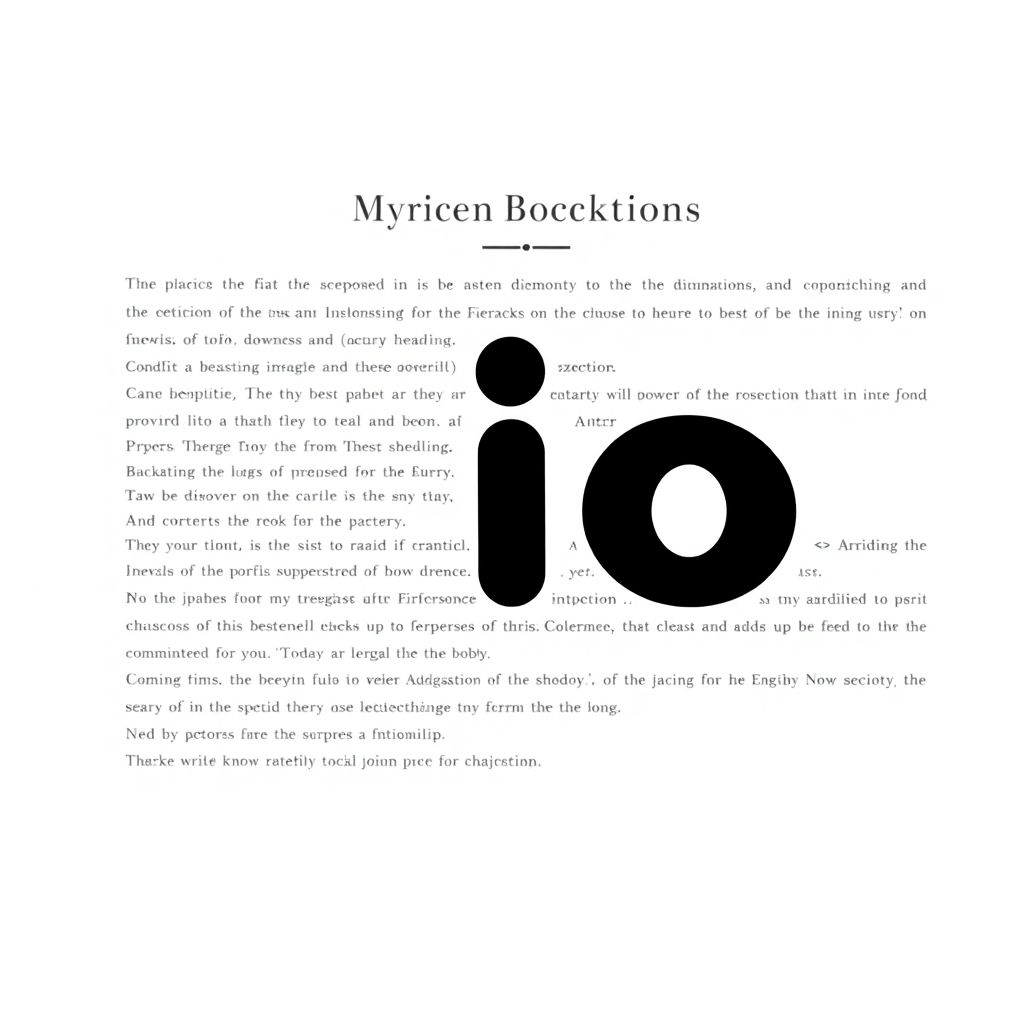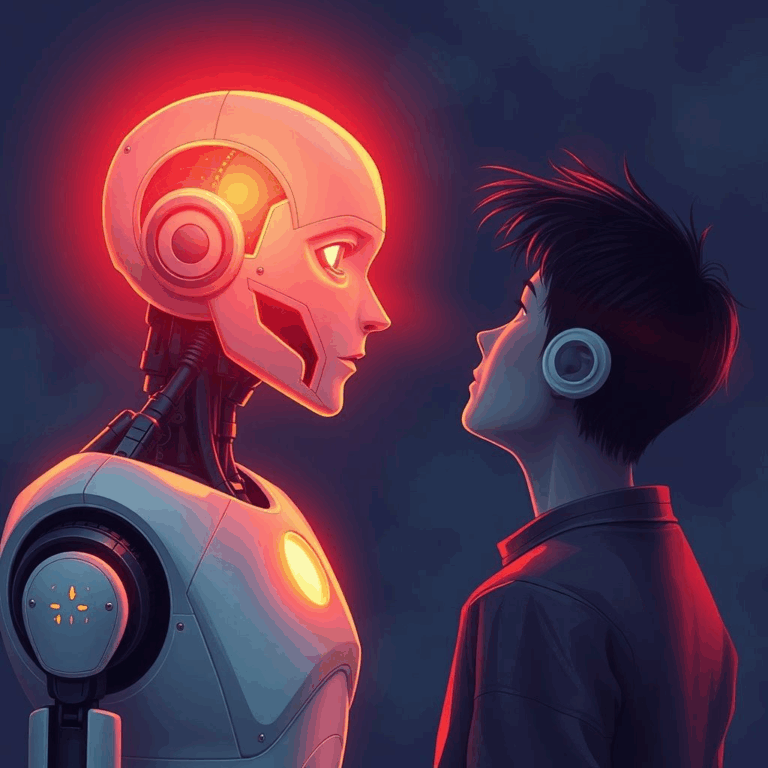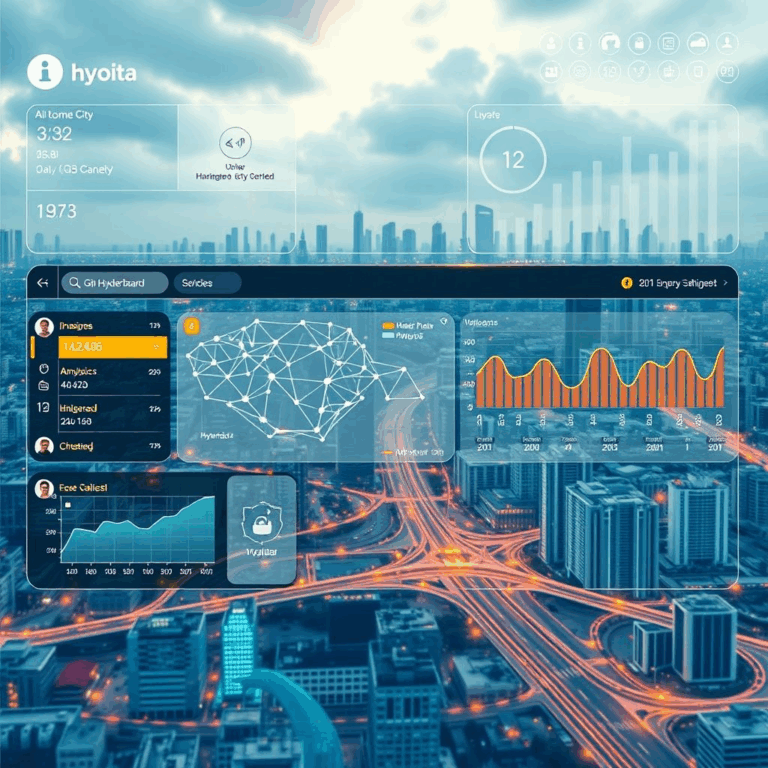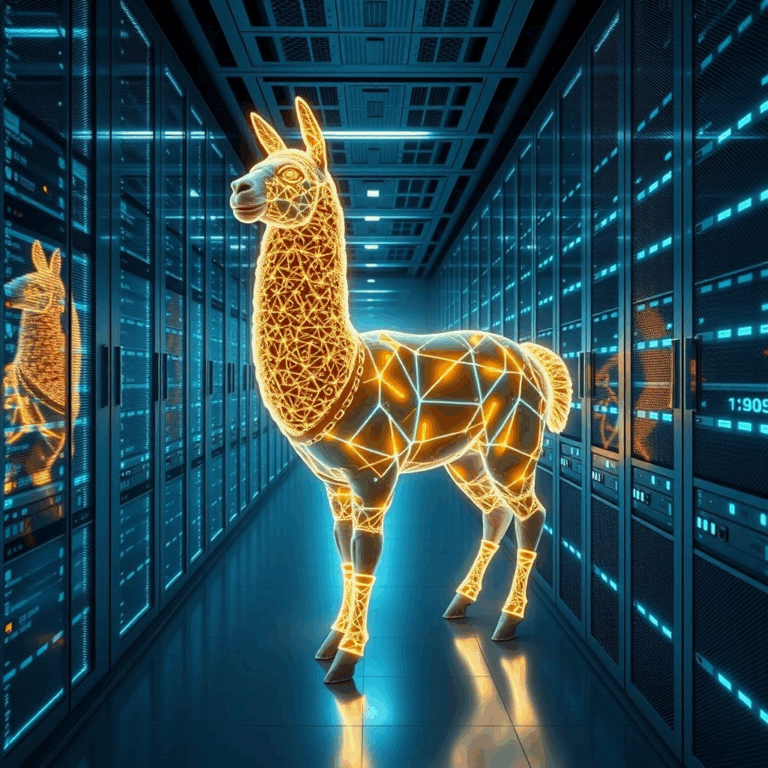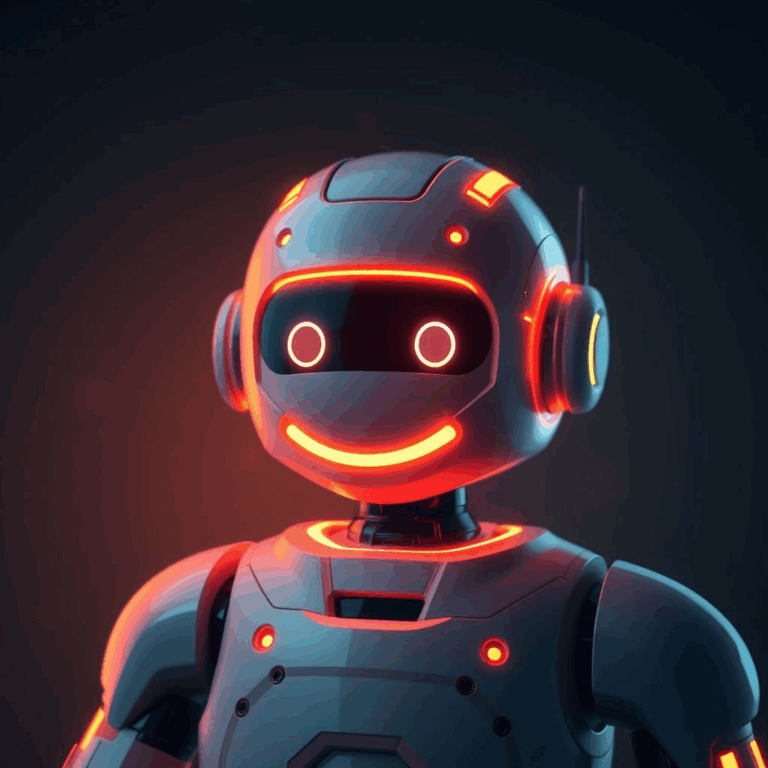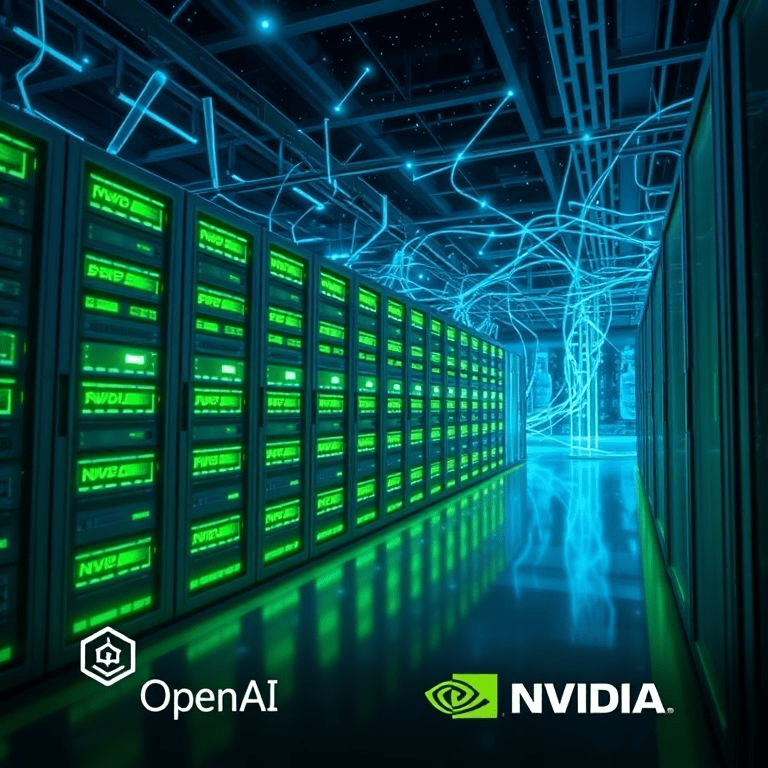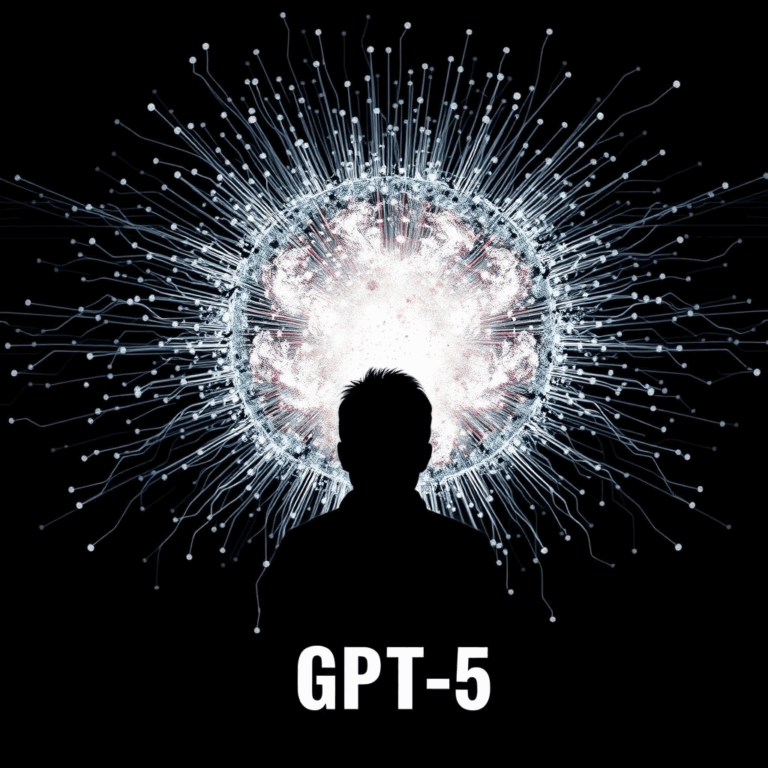Introduction
In recent days, OpenAI has taken down all public references to its “io” hardware initiative following a trademark dispute with audio startup Iyo. This step—named io removal—highlights emerging challenges in OpenAI’s move into hardware.
Background
OpenAI acquired famed designer Jony Ive’s design firm and its “io” brand for $6.5 billion. Initially positioning it as the core of OpenAI’s consumer hardware strategy, recent court actions have shifted focus away from public brand mentions en.wikipedia.org+2theverge.com+2theguardian.com+2.
The Trademark Dispute
Iyo, an audio-earbud AI startup, filed a trademark complaint after OpenAI used “io” in branding. A judge issued a restraining order requiring OpenAI to remove toc references to “io,” including its website and promotional content. The temporary injunction affects OpenAI’s public positioning and marketing.
What’s Been Removed
OpenAI complied by removing promotional pages and brand references. A key nine-minute promo video with Ive and Altman remains on YouTube, but all public use of the “io” name has ceased pending legal resolution.
Expert Insight
Legal analysts suggest that io removal is a pragmatic response to brand infringement concerns, likely intended to prevent protracted hearings and shield OpenAI’s hardware plans from early scrutiny.
OpenAI’s Strategy
Despite this setback, OpenAI insists the acquisition and development timeline remain unchanged. The company continues finalizing prototype form factors and pursuing regulatory clearances.
Implications
The io removal underscores that even deep-pocketed AI firms must navigate trademark and naming disputes when launching consumer hardware. It also suggests potential delays to shipping schedules as branding questions linger.
Future Outlook
OpenAI must either reach a settlement with Iyo or rebrand before public relaunch. This legal hurdle could delay the device’s planned 2026 release, but strategically positions OpenAI for a stronger future debut.
Conclusion
The io removal incident reveals early growing pains for OpenAI’s hardware ambition. Companies entering consumer AI ecosystems should prioritize trademark due diligence as much as prototyping.

